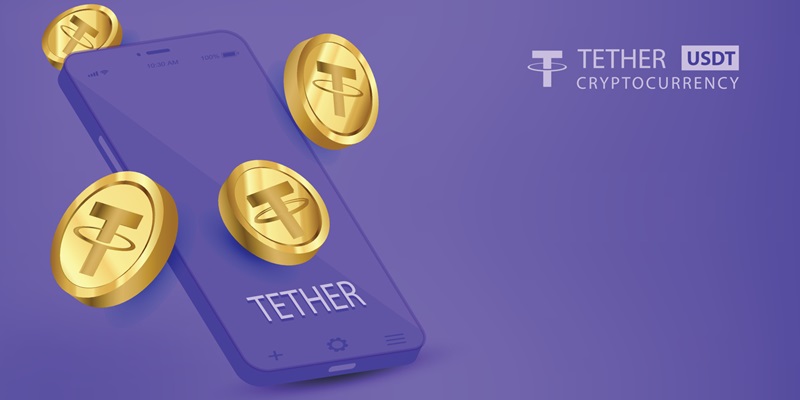Tether’s USDT, the leading stablecoin in the cryptocurrency market, has achieved a pivotal milestone by being recognized as an Accepted Virtual Asset (AVA) under the Abu Dhabi Global Market (ADGM) framework. This recognition marks a significant step forward for Tether, enabling licensed ADGM entities to utilize USDT for cross-border payments and offer additional related services. The acknowledgment extends to USDT issued on the Ethereum, Solana, and Avalanche blockchains, further solidifying its position in the digital financial ecosystem. This development illustrates the United Arab Emirates’ strategy to position itself as a global hub for digital finance and underscores the growing importance of USDT in the digital asset market. With a market capitalization surpassing $138 billion, USDT has become a critical player in facilitating efficient cross-border transactions, gaining substantial traction among traditional financial institutions.
Strategic Implications for the UAE and Tether
The elevation of USDT’s status in Abu Dhabi aligns with the UAE’s broader vision of becoming a preeminent center for financial technology and innovation. The recognition of USDT by the ADGM highlights the UAE’s commitment to embracing and fostering cutting-edge financial technologies that promote growth and financial inclusion. For Tether, this recognition is not merely a regulatory endorsement but a validation of its stablecoin’s role in modern finance. Tether’s CEO, Paolo Ardoino, emphasized that this development would spur further innovation and widen financial inclusion opportunities. He pointed out that the integration of USDT into ADGM’s regulated virtual asset framework would foster new opportunities for collaboration and growth not only within the UAE but across the broader Middle East region as well.
This move by ADGM signals to the global financial community that the UAE is serious about integrating digital assets into its economy. It provides a regulated environment that assures investors and businesses of the stability and security of using USDT for cross-border transactions. Prior to this milestone, Tether had already shown significant market expansion by minting over $5 billion worth of USDT within 72 hours in November. This substantial issuance increased USDT’s market capitalization from $124 billion to approximately $138 billion by early December, bolstered by the ADGM approval. This rapid growth highlights the demand and trust in USDT as a stable and reliable digital asset, capable of facilitating large-scale financial transactions efficiently.
Broader Impacts on the Digital Finance Ecosystem
The recognition of USDT as an Accepted Virtual Asset (AVA) by the Abu Dhabi Global Market (ADGM) has far-reaching implications for the virtual asset industry in the UAE and beyond. It sets a crucial precedent for other regions considering regulatory frameworks for digital assets, showing that established regulatory bodies are ready to accept the legitimacy and utility of stablecoins in today’s financial landscape. For financial institutions, this recognition means they can now integrate USDT into their services, offering clients efficient and cost-effective cross-border payment options. This development could lead to wider adoption of digital assets in mainstream financial services, paving the way for innovative financial products and leveraging blockchain technology.
Additionally, this recognition may encourage other stablecoins to seek regulatory approval, meeting high standards and integrating with established financial systems. As more regions follow in the UAE’s footsteps, global adoption of stablecoins could accelerate, creating a more seamless and interconnected financial world, reducing barriers to entry for underserved populations, and promoting greater financial inclusion.
In summary, ADGM’s approval of USDT marks a significant milestone for Tether and the digital finance industry, reflecting increasing acceptance and integration of stablecoins in global financial systems. This milestone highlights the importance of strategic regulatory frameworks in supporting digital asset integration into traditional finance, paving the way for future advancements and greater financial inclusivity.

